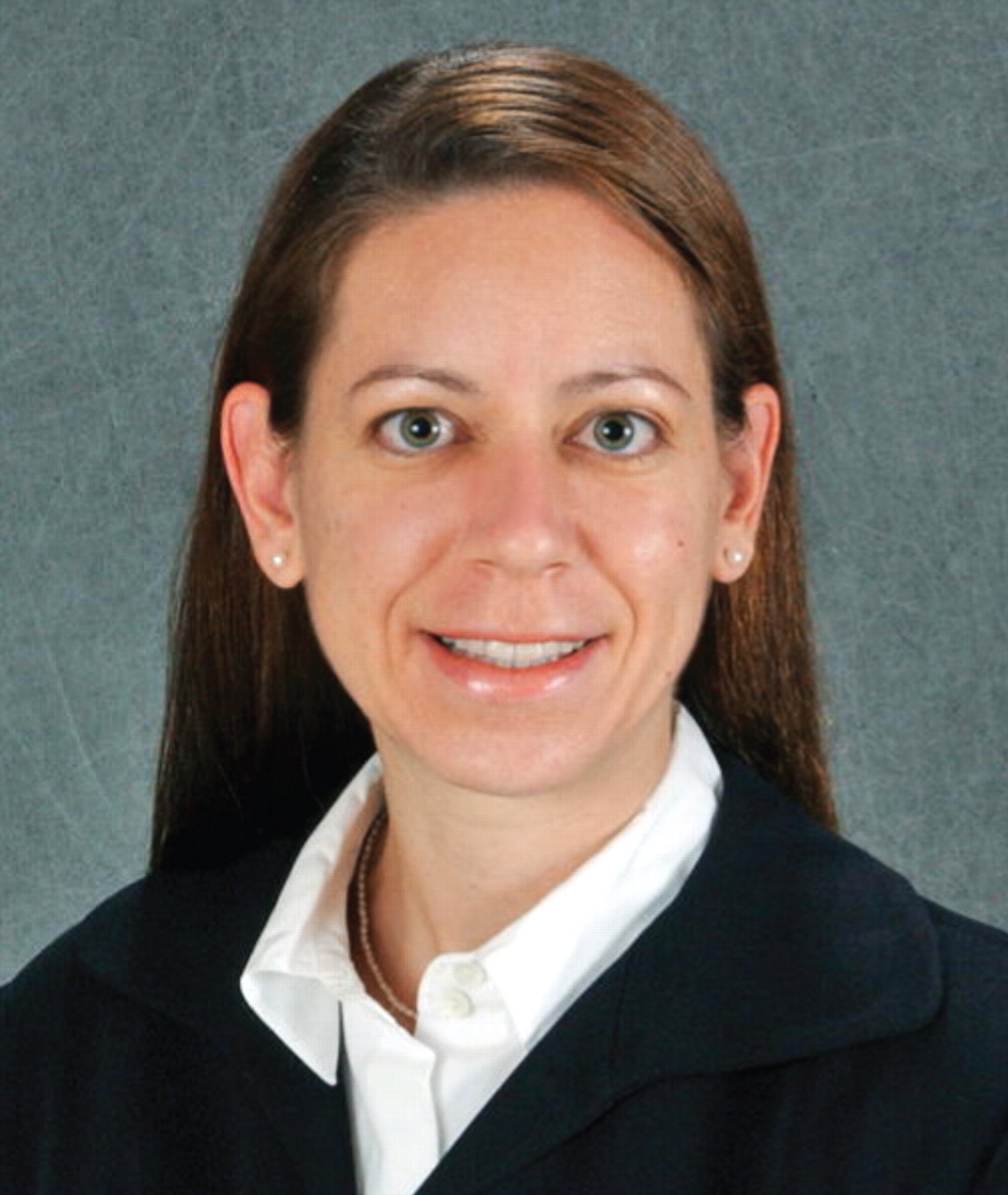I recently came across my 1996 City Year yearbook. Glancing through the pages, I realized that while I did not remember everyone's name, I recognized all of my 300-plus former City Year colleagues. Together in our red uniform jackets, we had spent countless hours tutoring children, cleaning up parks, and preparing meals for sick people as part of this Ameri-Corps program. The program was adept at bringing people together, helping us recognize the veracity in Rev. Martin Luther King Jr.'s saying, “Everyone can be great, because everyone can serve.”
Looking back now, I understand that what City Year was able to accomplish through service was to allow people the opportunity to be part of something bigger than themselves. As a psychiatrist in training, I am again beginning to recognize that I am part of something much bigger than myself.
I first came to the Massachusetts Mental Health Center (MMHC) in 2004 as a fourth-year medical student for an elective in community psychiatry sponsored by Dr. Robert Goisman. It was during this rotation that I began to realize that the MMHC had history, lore, and pride unlike anything I had experienced elsewhere. It was the subtle reminders; a mention of “how things used to be done” or a glance at a commemorative plaque on a wall that reminded me that psychiatry is a field with a rich and deep history.
My attraction to that history was part of what led me to my current residency program. Over the course of my training at the Harvard Longwood residency program, I have spent a significant amount of time at the MMHC. Many of our supervisors are graduates of the program and still practice there. They speak fondly of their own supervisors and often teach us using the same words they heard from such greats as Dr. Elvin Semrad, who had eloquently stated that “the patient is the only textbook we require.”
With their guidance, it has been easy to see that it is not enough just to appreciate the history of psychiatry. To truly be a part of this profession, I must also help to shape the future of psychiatry—a realization that led me to join and become involved in APA.
Originally conceptualized in 1844 by 13 superintendents drawn from the 24 existing mental hospitals and calling themselves the Association of Medical Superintendents of American Institutions for the Insane, APA today is 38,000 members strong and the preeminent organization representing psychiatrists. Now, as the incoming member-in-training trustee, I have the honor of representing fellow trainees to the APA Board of Trustees.
Sitting on stage as part of the official Opening Session at the 2008 annual meeting in Washington D.C., in May, I watched the inspiring procession of past APA presidents and incoming officers. These are psychiatrists who themselves carry much of the vibrant history of both APA and the field of psychiatry and who, through donating their time and effort, are shaping what psychiatry will look like for years to come. As a woman, it was inspiring to see Dr. Carol Nadelson, who in 1985 became the first woman president of APA, seated with the 2007-2008 APA Board of Trustees led by four accomplished women: President Carolyn Robinowitz, M.D., President-elect Nada Stotland, M.D., Vice-President Carol Bernstein, M.D., and Secretary-Treasurer Donna Norris, M.D. An enormous amount of growth and development in both the organization and the field was clearly evident on that stage.
By learning from the past and working to influence the future, I am beginning to play a part in something that is much bigger than myself. I still believe, as City Year taught me many years ago, that dedication to serve is what gives all of us the chance to be great. As we learn how to best serve our patients and their families, we must remember that we can be powerful in our service to the profession as a whole.
Whether as medical students, residents, or fellows, we have much to contribute to the field of psychiatry and to APA. We cannot sit back and hope others do the hard work of advancing the field and our professional organization. It is crucial that we, as the future of psychiatry, stay aware of issues facing psychiatry today, such as the need for mental health parity, nonphysicians who want to practice medicine, and new developments in health-information technology.
We must advocate in our training programs, our district branches, and on Capitol Hill. APA encourages us to be active and listens to what we have to say. There are many opportunities to get involved. Dr. Benjamin Rush, the“ father of American psychiatry,” whose face is on APA's seal, is a reminder that we are part of an organization with a longstanding commitment to a vision of a society in which people can receive quality psychiatric diagnosis and treatment. As we stand on the shoulders of our forebears and sculpt the future of our profession, we must remember that we are part of something bigger than ourselves. ▪

